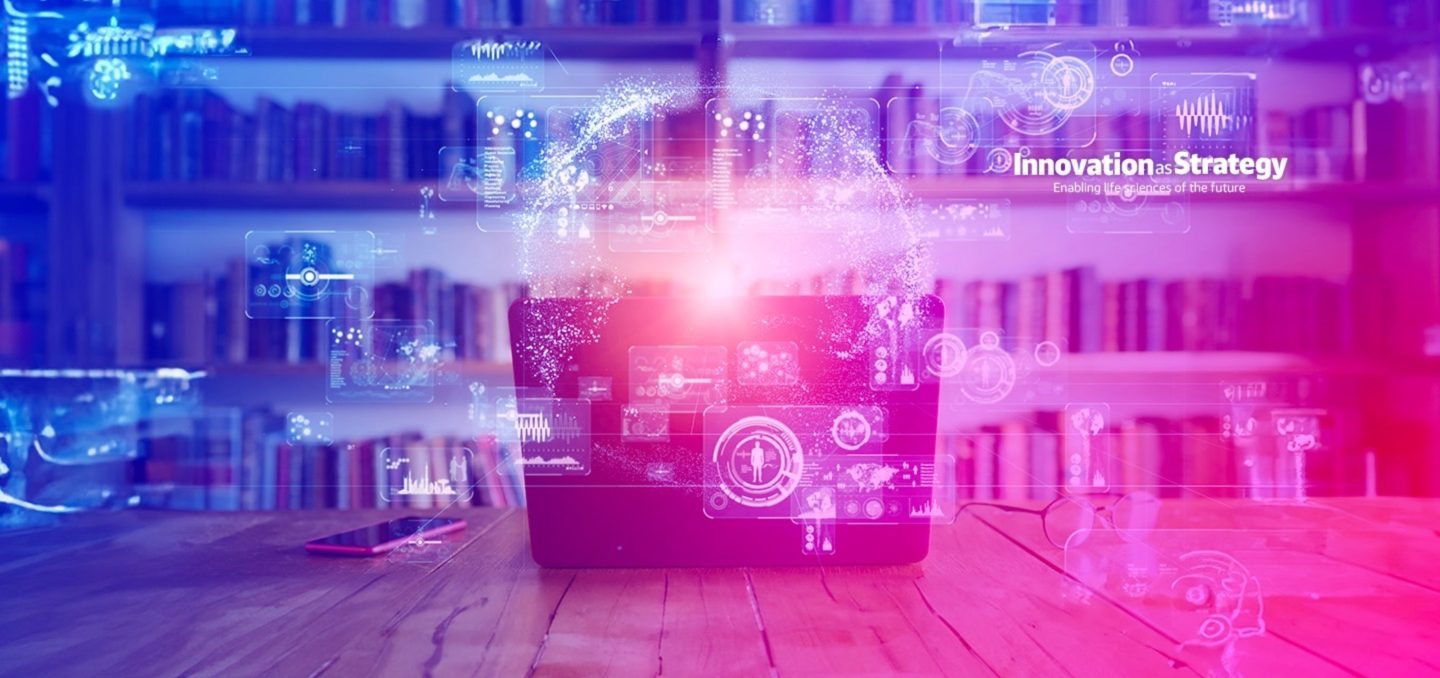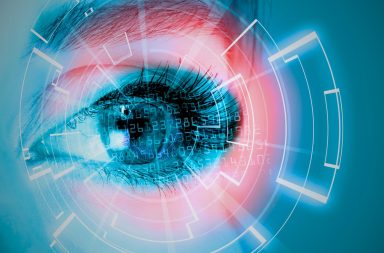In the dynamic landscape of work, marked by technological advancements and cultural shifts, the conversation around core competencies for today’s workforce has expanded beyond traditional concepts, emphasizing the growing importance of new technologies, smart working, emotional intelligence, and adaptability to drive innovation.
We as leaders of life sciences organizations must ensure that our workforce possesses the necessary skills to navigate this evolving space and create working environments that enable our employees to meet the needs of our ever-changing industry. Though not a simple task, by identifying such skills and mindset, incorporating them into our organizations, and adapting as needed, we can foster innovation internally and allow for it to extend to our clients and the communities we serve.
Digital Literacy, Augmented Working and Capabilities that go Beyond AI
Mentioned by Forbes as one of The Top 10 In-Demand Skills for 2030, more than half of jobs will require digital literacy, and professionals that adapt well to advancements in technology and incorporate them into their daily tasks to create value, will be in high demand. And as AI and automation continuously develop across the life sciences industry, “augmented working“, which involves leveraging AI to eliminate repetitive tasks to enable individuals to concentrate on complex and innovative aspects of their roles, is set to become an indispensable skillset. In fact, as AI systems become more complex and sophisticated, thus will human intelligence. And while AI has an unprecedented range of activities, it can only be maximized with human creativity. Therefore, individuals with the ability to come up with new ideas and solutions and aren’t afraid to question the status quo will be instrumental to drive value.
With the increasing amount of information available to us, critical thinking skills, or the ability to identify valuable data and objectively analyze issues and situations, could be one of the most relevant capacities for leaders as they continue to sort through biases and fake news.
Fostering the Right Culture
It’s also vital to encourage a culture of lifelong learning, curiosity, and self-improvement. In this context, individuals should proactively seek new skills and stay updated on trends, particularly in the context of digital transformation processes. This approach aligns with the evolving nature of work and ensures that individuals remain adaptable in the face of constant change.
There is an increasing relevance in terms of sustainable working practices which brings into focus not only our impact on the environment, but also strategies for prioritizing employee well-being. It’s really about creating a healthy working environment to ensure that our people feel good where they are and that they can express their full potential.
Often times, companies are solely focused on the skills that their teams must acquire and often look past the key elements of change management and people management that must be assumed at an organizational level. In order to be truly successful in this space, we must bring our people along for the journey, considering how we can empower them to take us where we need to go. Whether through agile working, ongoing personal growth, or fostering an innovative culture, we can enable individuals to reach this potential.
Smart Working and Emotional Intelligence
Smart working extends beyond having the flexibility to work from wherever we find ourselves, representing a transformative approach which forces us to focus on why and what we need to achieve. It requires us to be 100% clear about the best way to tackle an objective and allows us the flexibility and responsibility of determining whether it will be maximized as a team in-person at the office or individually somewhere else. In any case, we will have to find a way to stay connected to our teams and colleagues.
For some years now, our personal and professional lives have steadily become more blended, necessitating a holistic approach to employee well-being. Further accelerated by the pandemic, successful managers require strong emotional intelligence more now than ever. Thus, it is a pivotal competency for leaders to enable workforces from a professional standpoint while also considering their personal challenges and their lives outside of work. A “work-self” and “personal-self” simply do not exist, and we must see individuals as a whole, eliminating this separation and encouraging personal growth that can flow into both spheres.
Within Healthware, we recognize and expect every member of our team to be changemakers, working together to build future health. Therefore, we strive to be there with them as they navigate the future of work.



